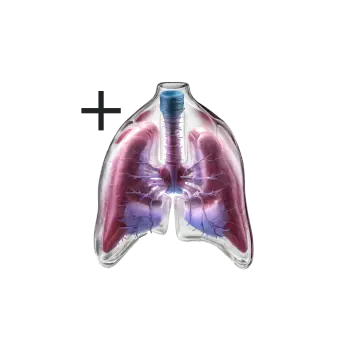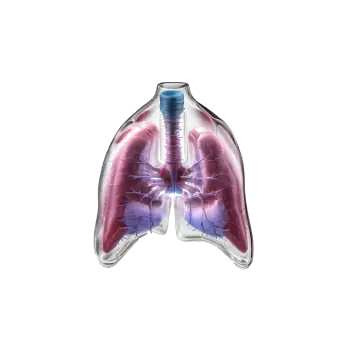The thyroid gland is a gland that sits on the front of the neck and is responsible for producing thyroid hormones that regulate the body's metabolism. Goiter can occur for various reasons and can be either diffuse or nodular. In diffuse goiter, the entire thyroid gland is enlarged, while in nodular goiter, there are individual nodules or lumps in the thyroid gland that cause the enlargement.
The causes of goiter can be varied. A common cause is a lack of iodine in the diet, which is important for the production of thyroid hormones. Autoimmune diseases such as Hashimoto's thyroiditis and Graves' disease can also lead to goiter. Certain medical conditions and hereditary factors may also play a role in the development of goiter.
Common symptoms of goiter:
The symptoms of goiter can vary depending on the size, cause and individual impact. Some people may have an enlarged thyroid without experiencing any symptoms, while others may experience difficulty swallowing or breathing due to the pressure of the enlarged thyroid.
- Feeling of swelling in the pharynx and throat, which can lead to difficulty swallowing. The enlarged thyroid gland can press against the esophagus and make swallowing food or liquids uncomfortable or painful.
- A lump or elevation on the outside of the throat, below the larynx. This may be visible or felt to the touch. The nodule can be a result of enlarged parts of the thyroid gland or individual nodules (nodular goiter).
- Sometimes people with goiter may experience difficulty breathing, especially when they are exerted or stressed. The enlarged thyroid gland can press against the trachea and restrict airflow, which can cause breathing problems
- Hoarseness is another common symptom of goiter. The enlarged thyroid gland can affect the vocal cords and cause a change in the timbre of the voice or a deterioration of voice function.



























